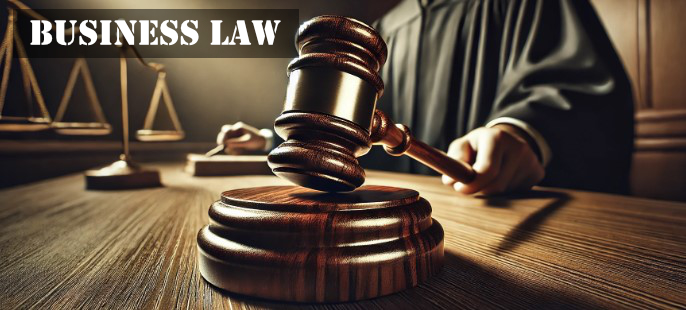Understanding Acquiescence
Acquiescence is a concept used in legal parlance to denote a party’s implied consent or agreement by their actions or lack thereof. Essentially, acquiescence implies that a person knowingly stood by without raising any objection to the infringement of their rights, thereby implying their agreement or consent to such infringement.
The concept of acquiescence is frequently applied in civil cases involving property rights, contractual disputes, and intellectual property rights. It is an important legal doctrine because it can potentially bar a person from seeking legal remedies if it is proven that they acquiesced to the infringement of their rights.
Acquiescence and Property Rights
In the context of property rights, acquiescence is often invoked in boundary disputes. If a property owner does not object to an encroachment by a neighbor for a certain period, they may be said to have acquiesced to the new boundary. The acquiescing property owner may then be prevented from later disputing the boundary on the grounds that they effectively consented to it through their inaction.
However, an essential condition for the application of acquiescence in such cases is that the property owner must have had actual or constructive knowledge of the encroachment. Simply put, the property owner can’t be said to have acquiesced if they were unaware of the encroachment.
Acquiescence in Contractual Disputes
Acquiescence also plays a crucial role in contractual disputes. If a party to a contract fails to object to a breach of contract or continues to perform their part of the contract despite the breach, they may be deemed to have acquiesced to the breach.
Such acquiescence can potentially bar the non-breaching party from later seeking remedies for the breach. However, the party alleging acquiescence must prove that the non-breaching party had knowledge of the breach and yet failed to object or take action.
Acquiescence in Intellectual Property Rights
In the realm of intellectual property rights, the concept of acquiescence is often used in trademark disputes. If a trademark owner fails to take timely action against the unauthorized use of their mark, they may be deemed to have acquiesced to such use.
Such acquiescence can potentially lead to the loss of exclusive rights to the trademark and may prevent the trademark owner from taking legal action against the infringer. Therefore, trademark owners must be vigilant in protecting their rights and should take prompt action against any perceived infringements.
Conclusion
In conclusion, acquiescence is a powerful legal doctrine that can have significant implications in various legal disputes. It underscores the importance of vigilance and timely action in protecting one’s legal rights. Whether it’s a property owner protecting their boundary, a party to a contract enforcing its terms, or a trademark owner safeguarding their mark, failing to act promptly can lead to the loss of legal remedies due to acquiescence.
However, proving acquiescence is often a complex task that requires establishing the knowledge and intent of the party alleged to have acquiesced. Therefore, it is advisable to seek professional legal advice when faced with potential issues of acquiescence.

